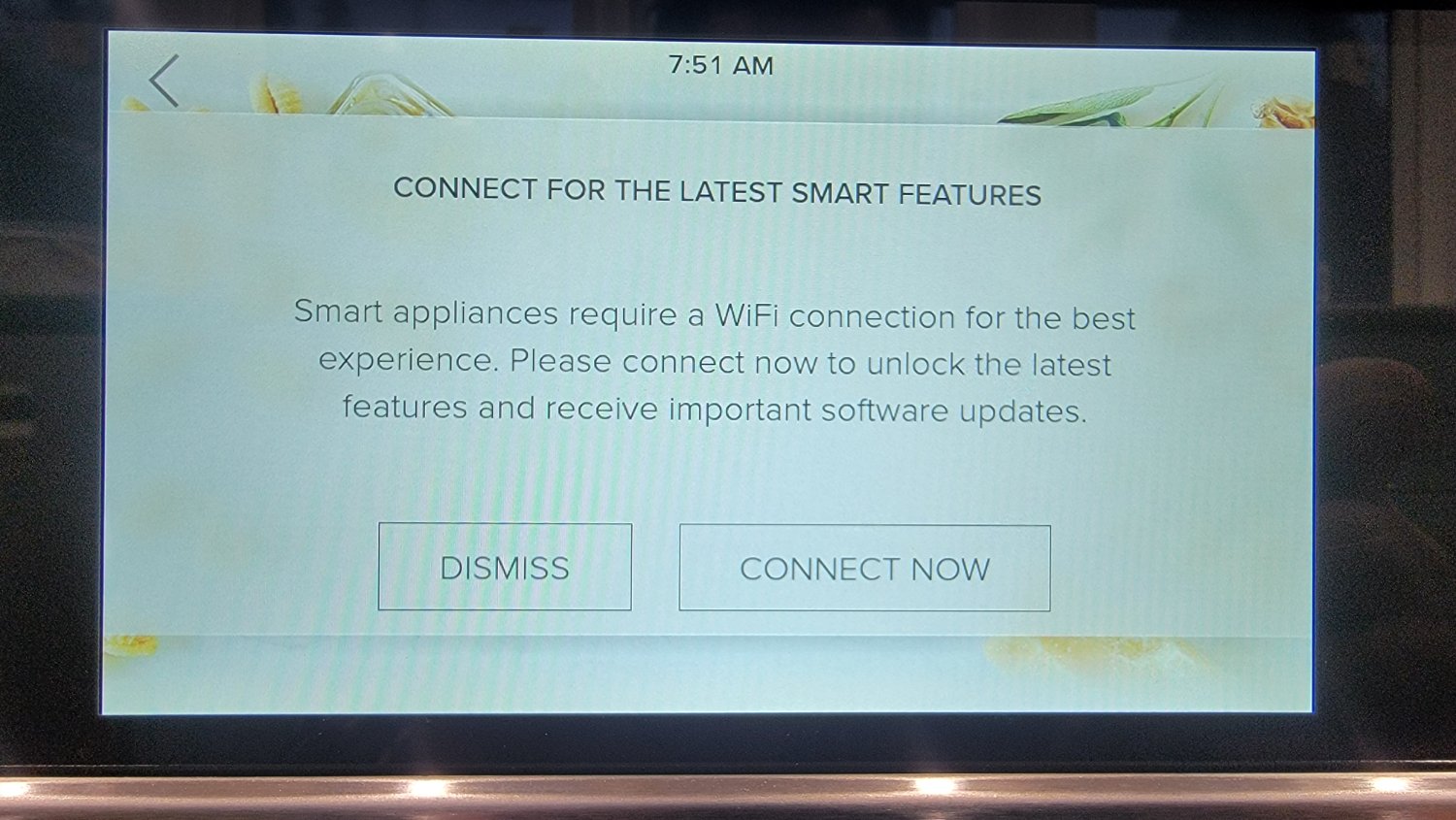this post was submitted on 29 Nov 2024
420 points (100.0% liked)
Technology
37809 readers
188 users here now
A nice place to discuss rumors, happenings, innovations, and challenges in the technology sphere. We also welcome discussions on the intersections of technology and society. If it’s technological news or discussion of technology, it probably belongs here.
Remember the overriding ethos on Beehaw: Be(e) Nice. Each user you encounter here is a person, and should be treated with kindness (even if they’re wrong, or use a Linux distro you don’t like). Personal attacks will not be tolerated.
Subcommunities on Beehaw:
This community's icon was made by Aaron Schneider, under the CC-BY-NC-SA 4.0 license.
founded 2 years ago
MODERATORS
you are viewing a single comment's thread
view the rest of the comments
view the rest of the comments

That's always a possibility especially when every company under the sun is making smart things on a whim for as cheap as possible. I don't trust any of them as far as I can throw an oven.
I have a few random smart things, but before I connect them to the internet I make sure they have a decent api that I can use, block external access from the router and set up a little interface so that I can VPN into my home and control stuff if I need to. So in order for anything to be compromised my whole network would have to be owned. Which is still possible but I trust that a lot more than letting 20 different apps for each device have access to anything in my home.
Another way to say this is that a hacker needs only access to your private network to gain control of all connected devices.
IMO this is hardly worth it when the benefits are I can check my oven remotely or I can check what the vacuum is doing.
I tend to not buy connected devices if it can be avoided.